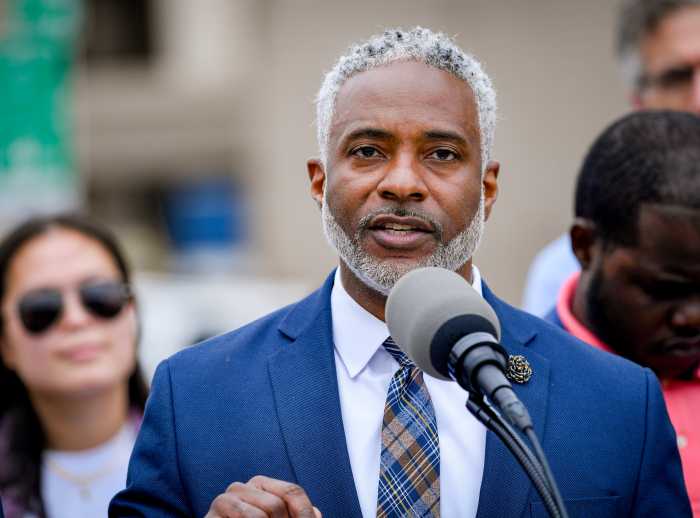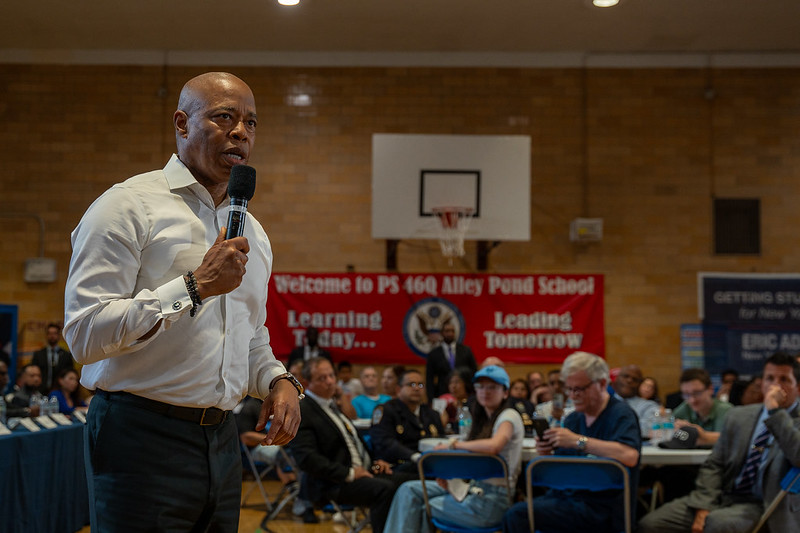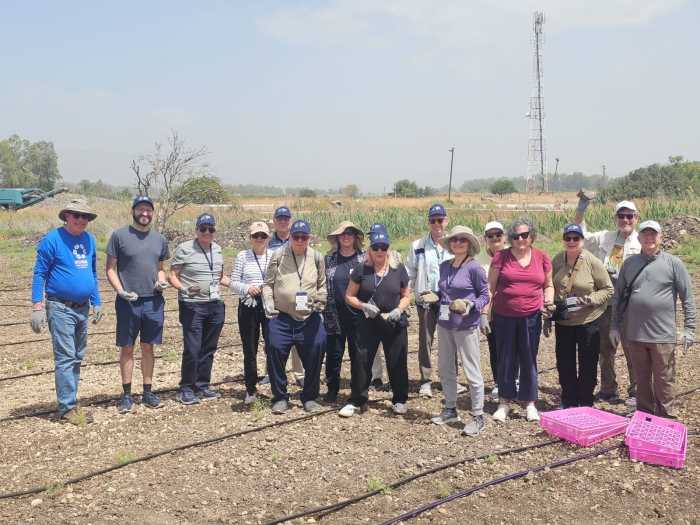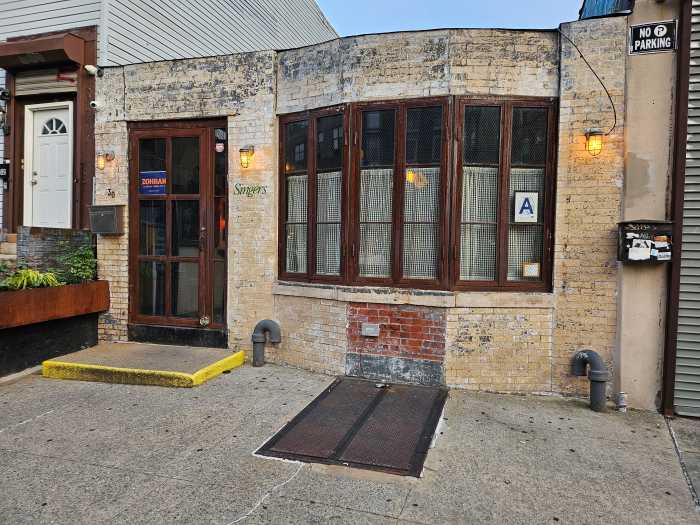Officials in Oakland, California, are already seeing benefits from greater transparency and oversight of police technology because of local legislation similar to a bill before the NYC Council.
Oakland lawmakers are expected to pass their version of NYC’s Public Oversight of Surveillance Technology Act that would require Oakland police to report plans to acquire new surveillance technologies and also address privacy concerns and strengthen oversight. Oakland’s measure, called the Surveillance and Community Safety Ordinance, has yet to pass, but officials there have begun implementing some provisions.
In recent months, the Oakland Police Department has participated in the city’s Privacy Commission’s meetings and provided information about the technologies it uses. For example, the department offered detailed discussion on its use of Stingrays — devices that collect data from all cellphones in the area to help police locate a suspect. Stingrays are a boon to police, but present privacy concerns about what information is collected, how it is used and who has access to it.
Tim Birch, head of the Oakland police Research and Planning team, calls it “bizarre” that there is “a world in which we don’t want the public to know what we are doing or what we are doing with it.” He says the department is trying to build community trust, and that it’s “important that we realize that that includes sharing this information and working with the Privacy Commission.”
By contrast, the NYPD has secretly used Stingrays for years, and fights requests for information about how. It also has opposed the proposed bill’s transparency requirements, claiming they would tip off terrorists. This is unfounded and hyperbolic. The bill was crafted to require the NYPD to share information needed for oversight, not operational details. Unlike Oakland’s bill, it would not require the NYPD to get pre-approval from the council to use new technologies. It would simply require disclosure.
The NYPD should learn from Oakland’s experience, where transparency and dialogue are helping build trust between law enforcement and communities.
In NYC, the bill would have a similar effect, helping to protect the rights of New Yorkers and keeping the city safe.
Michael Price is counsel in the Liberty & National Security Program at the Brennan Center for Justice at NYU School of Law.





































